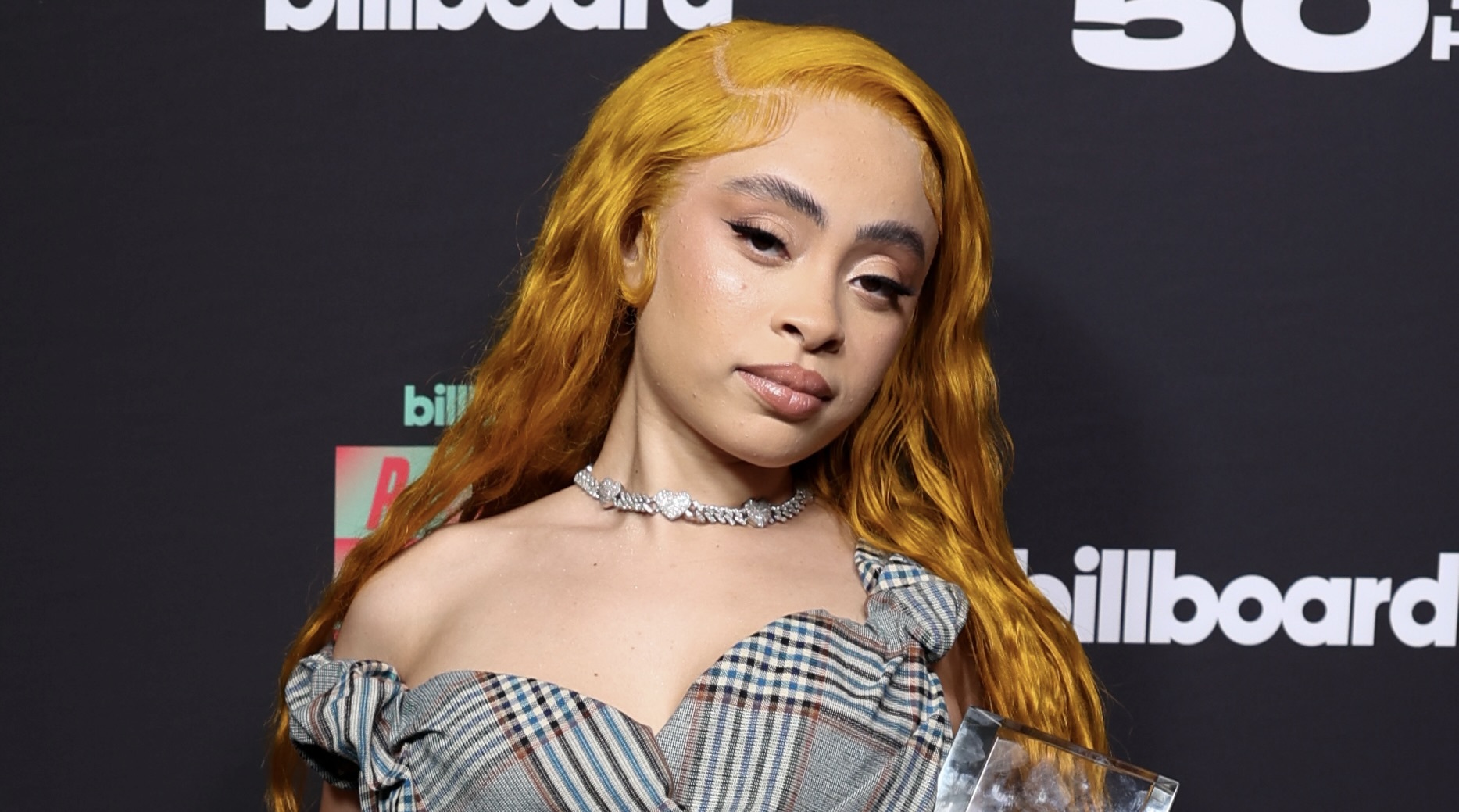
Brandon Todd/Billboard via Getty Images
On the heels of hip hop officially marking its 50th anniversary, the manager behind one of the genre’s latest superstars — Ice Spice — is dishing on her meteoric rise to the top, as well as what advice he has for other artists.
During a recent sit-down with Complex, James Rosemond Jr. discussed some of the ways that the rapper’s team helped her take off.
After remarking that he and Ice Spice crossed paths after “manifest[ing] each other,” he detailed what “makes her different” from some of her other contemporaries.
“She’s very marketable. If you look at her image, it’s clear there’s no one that looks like her. And I think we’re in a time that you have to be unique.”
He added that, while plenty of prospective stars are “trying to carbon copy or just be the same as someone else,” the true magic occurs when people keep it “authentic.”
“You have to be different. You have to be you. You got to be authentic. Because we find a lot of artists trying to carbon copy or just be the same as someone else, and that can only get you so far.”
Rosemond pointed out that he focused on “empowering” Ice Spice “from the jump,” and he helped “transform” her influence into artistic “credibility.”
“I think we did a great job of not boxing her in, making sure she wasn’t boxed in as an influencer. And as you know, it’s hard for that to translate into music the way it’s doing now. So I think we did a great job doing that.”
While discussing Ice Spice’s career, Rosemond also touched on some of the doubts people had about her as an artist — especially after her infamous Rolling Loud performance last year.
He noted that when tough times hit, it’s his job to help Ice Spice and her team know there must be “time for development.”
“It comes down to having real conversations, but I think it’s also managing expectations. And part of that conversation is like, ‘Look, “Munch” blew up so fast. There has to be time for development.’ So to make sure that she knows that, the team knows that. And that’s why we go into rehearsals.”
He also pointed out that social media adds a whole new layer to the situation, as poor performances weren’t “really magnified” as much in the past.
“When those things happen like Rolling Loud LA, social media, they magnify a lot of these different moments and highlight things, not knowing that there’s a lot of work that still [needs] to be done. And compared to back in the day where there wasn’t social media, if an artist had a bad show, that wasn’t really magnified.”
Nonetheless, it’s all about fostering “development” while “play[ing] catch up,” which Rosemond calls “the beauty of it.” After all, “Now you get to see the growth. You get to ride on this journey with us and see her evolve into the superstar that we know she is.” Period!